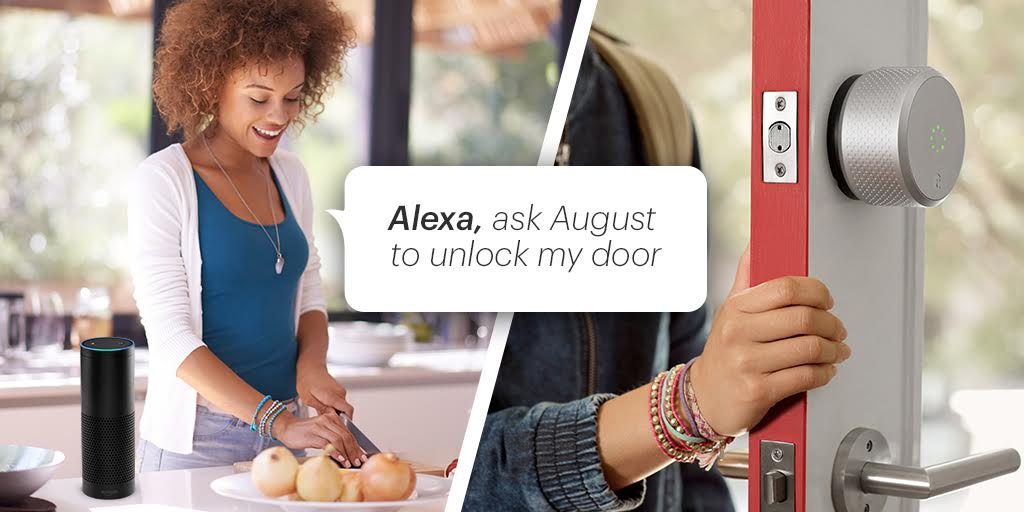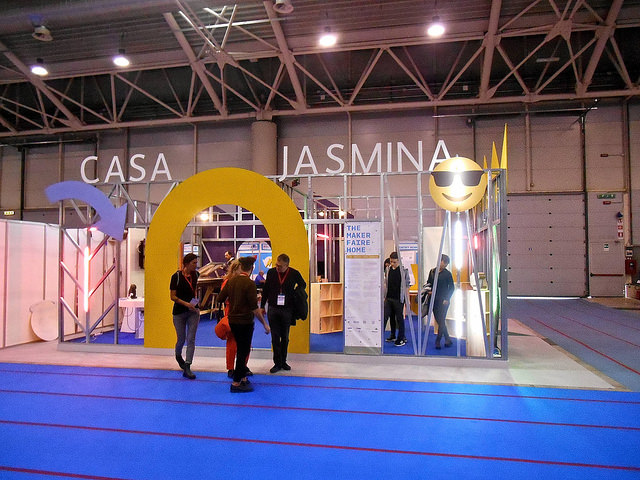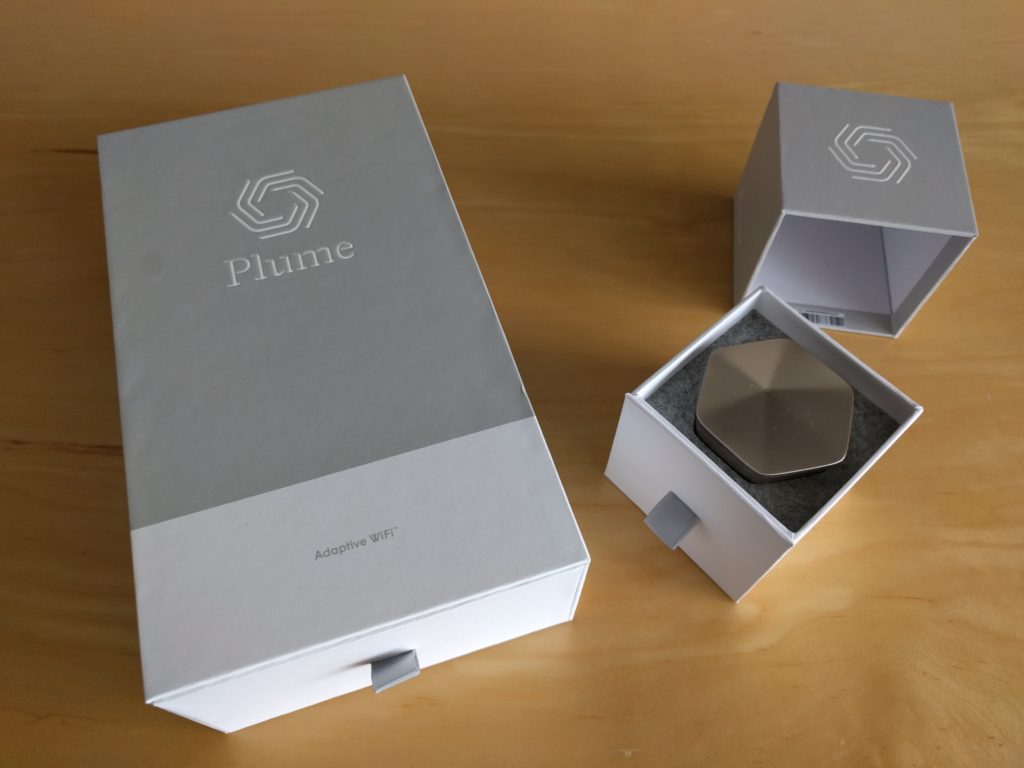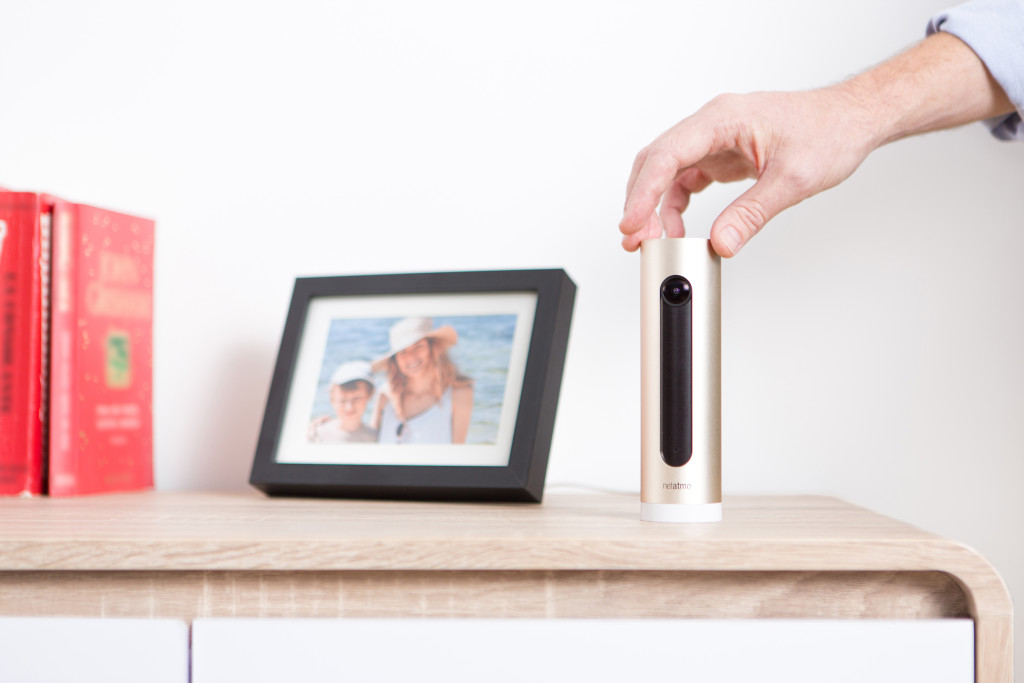It’s our 100th podcast, which would be a big deal if Kevin Tofel and I were a TV show hoping for syndication, but in the podcast world it means we’ve been at this for almost two years. YAY! We took a brief stroll down memory lane before digging into the week’s news covering new LTE chips for the IoT from Intel and Qualcomm as well as a report from ARM and The Economist that highlights slow growth in enterprise IoT projects. We talk about a few things to see at Mobile World Congress next week, discuss the Orbi router and also share our thoughts on Somfy motorized shades, female personal assistants and shopping from Google Home.
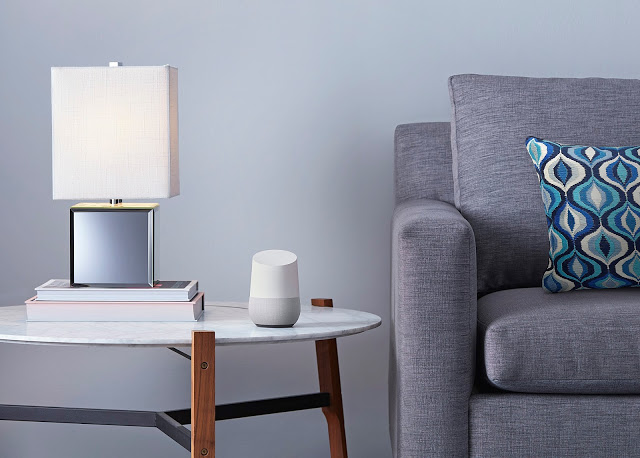
For our guest this special week, I speak with Jaoa Barros, CEO and founder of Veniam, about what happens when we treat cars and buses as roving nodes on a mesh network. Venian calls this creating the internet of moving things, and it’s a big, awesome idea. We cover everything from the connectivity needs to autonomous cars to how connected transportation makes cities smarter. You’ll like it.
Hosts: Stacey Higginbotham and Kevin Tofel
Guest: Jaoa Barros, CEO of Veniam
Sponsors: Ayala Networks and SpinDance
- Somewhat bad news for enterprise IoT adoption
- How do I like the Orbi router from Netgear?
- Amazon Prime or Google Express?
- Building a mixed, mobile, mesh network is a hard to say and hard to do
- Cars can be sensors and hotspots for the smart city
Podcast: Play in new window | Download | Embed
Subscribe: RSS

